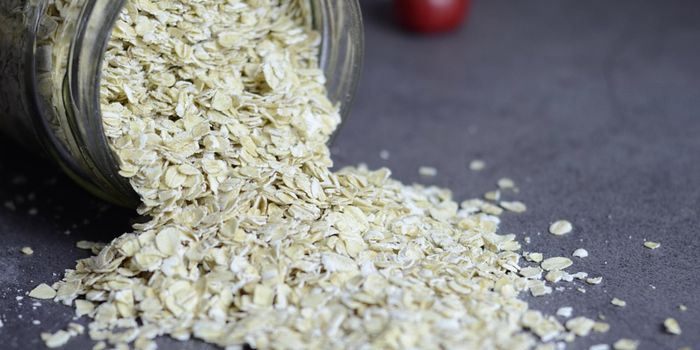E-Cigarette Flavors Damage Heart Cells
E-cigarettes or vapes were introduced a few years ago, and researchers are still trying to learn more about how they affect people's health. One reason for concern is that vaping products are often spiked with sweet or fruity flavors, like vanilla dessert or cherry. New research how suggested that these flavorings may be causing damage to heart cells. The findings have been reported in the American Journal of Physiology-Heart and Circulatory Physiology.
"But so far there has been no clear understanding about what happens when the vaporized flavoring molecules in flavored vaping products, after being inhaled, enter the bloodstream and reach the heart," said the principal investigator of the study Sami Noujaim, Ph.D., an associate professor of molecular pharmacology and physiology at the University of South Florida Health (USF Health) Morsani College of Medicine.
"The flavored electronic nicotine delivery systems widely popular among teens and young adults are not harm-free," Noujaim said. "Altogether, our findings in the cells and mice indicate that vaping does interfere with the normal functioning of the heart and can potentially lead to cardiac rhythm disturbances."
Vape pens or e-cigarettes work by heating up a liquid that usually contains nicotine and other chemicals like solvents and flavorings. The battery power of an e-cigarette converts the e-liquid into an e-vapor. They are sometimes marketed as a way to reduce cigarette dependency, but there is limited evidence to show they work for that purpose, and the nicotine they contain is just as addictive as what's found in cigarettes.
In this work, the researchers grew mouse cardiac cells in culture and exposed them to several popular e-liquid flavors including cinnamon, fruit, and vanilla custard. All of these vapors were toxic to the cells.
The researchers also exposed cardiac cells generated from pluripotent stem cells to three separate e-vapors. One, a solvent, disrupted electrical activity and the beating rate in these cells. A second e-vapor was the first solvent that also contained nicotine, and that increased the toxicity to cells. The third vapor consisted of the other two chemicals plus vanilla custard flavor, and it caused an even greater disruption to the cells.
"This experiment told us that the flavoring chemicals added to vaping devices can increase harm beyond what the nicotine alone can do," explained Noujaim.
The scientists also exposed healthy mice to e-vapors for ten weeks. The heart rate of these mice became dysfunctional, and they were more likely to have a disturbance in their heart rhythm called ventricular tachycardia compared to a control group.
"Our research matters because regulation of the vaping industry is a work in progress," Noujaim said. "The FDA needs input from the scientific community about all the possible risks of vaping in order to effectively regulate electronic nicotine delivery systems and protect the public's health. At USF Health, in particular, we will continue to examine how vaping may adversely affect cardiac health."
More work will be needed to confirm these findings in humans.
Sources: AAAS/Eurekalert! via University of South Florida, American Journal of Physiology-Heart and Circulatory Physiology









